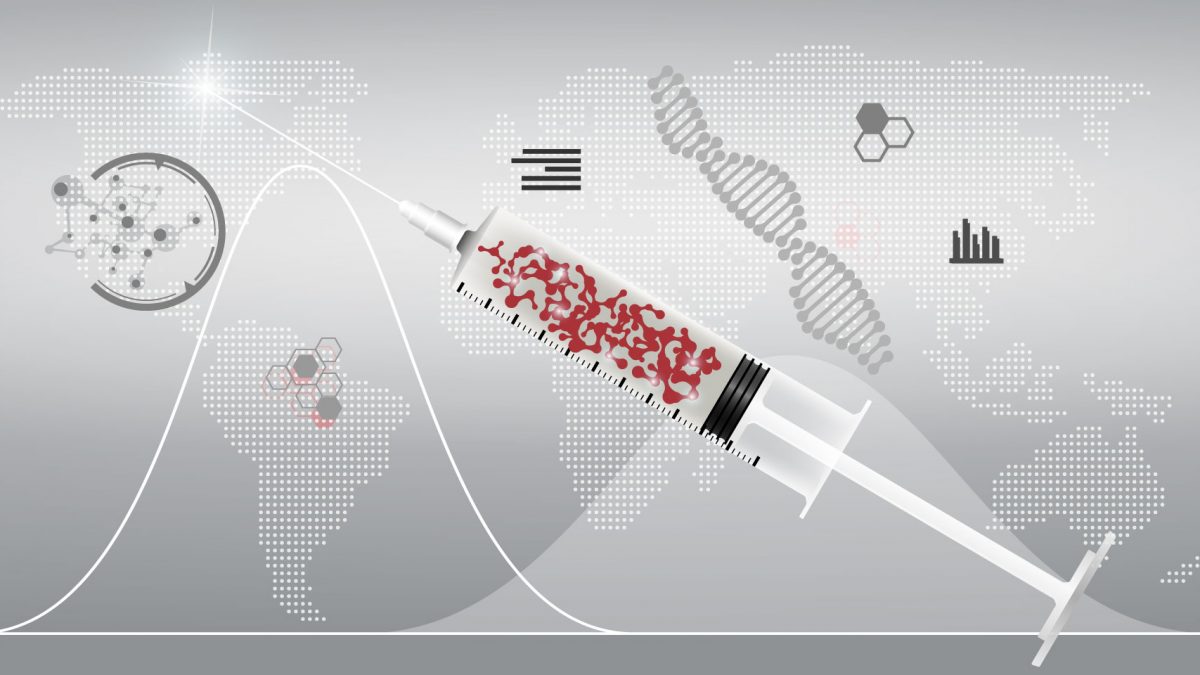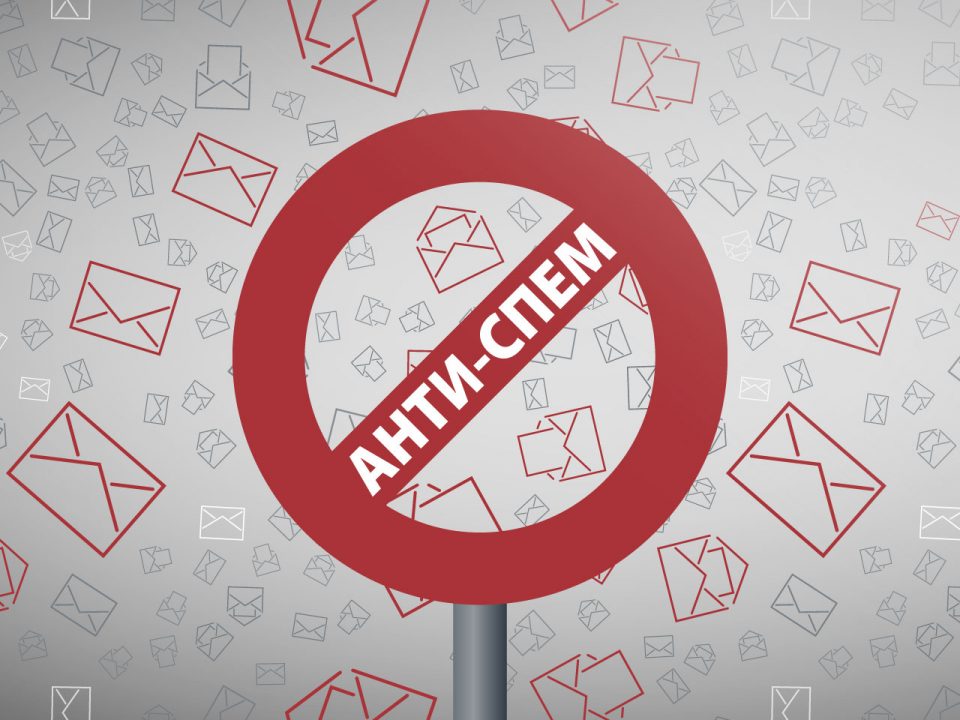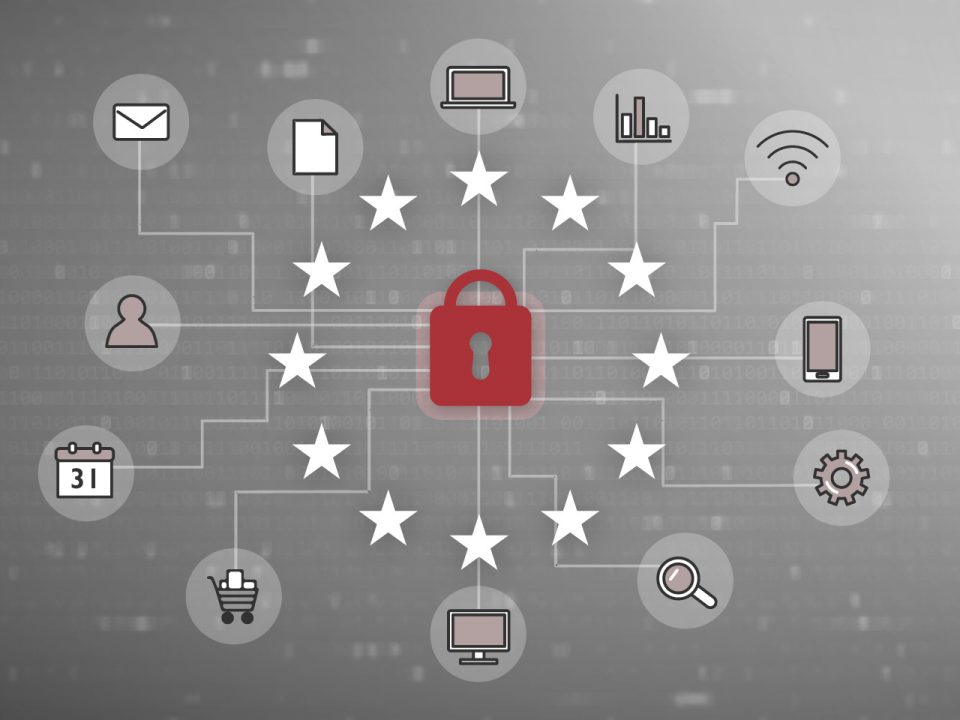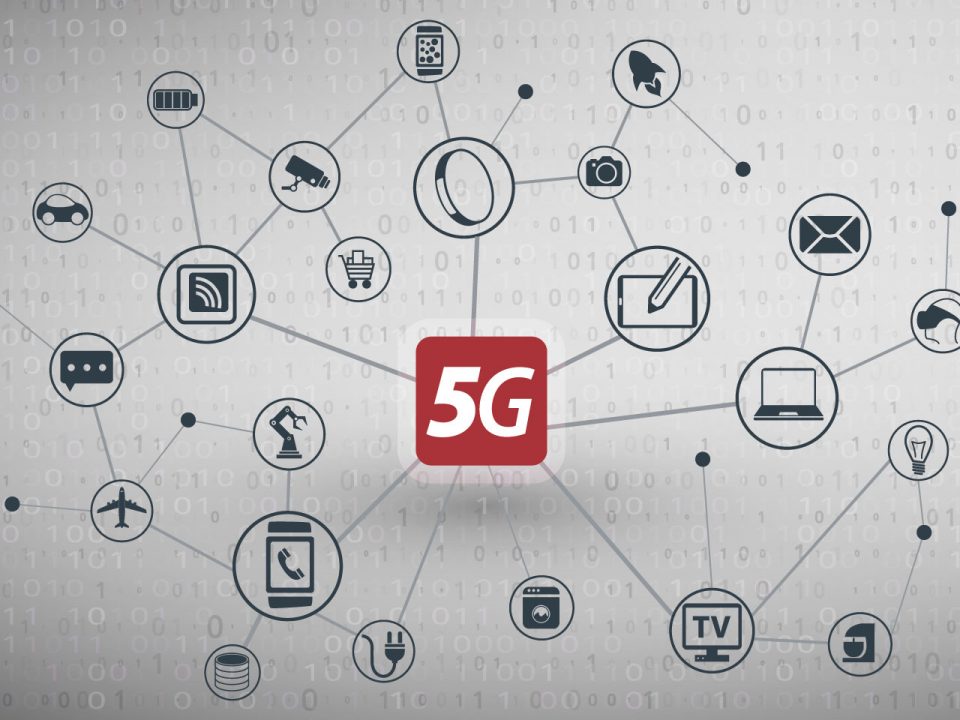The patent vaccine war – the world needs a new Albert


Albert but not Einstein
Albert Bruce Sabin (1906-1993) was an American virologist who was known for developing the oral poliovirus vaccine. He has also been a role model to many researchers because he refused to patent his vaccine.
COVID-19 has become the biggest concern of the world’s economies and the most current topic of today, as it has brought to a halt the global economy and the number of infected and dead worldwide is increasing rapidly.
European countries have not encountered such a serious health threat from the Hong Kong flu in 1968-69. The Corona virus is spreading rapidly and is present in almost the entire world, and there is no cure for now. Economically speaking, this kind of economic collapse has not been seen since WW2 or the Depression of 1929. in United States of America.
The vaccine battle, the battle for the patent
On the other hand, there is a public battle between companies and the nation to develop and patent a vaccine or cure for COVID-19.
We are witnessing that pharmaceutical companies are rapidly trying to synthesize vaccines for this disease, and huge funds are needed to develop a vaccine or cure. For this reason, they seek to offset that investment by donations and largely by patenting products and gaining exclusive rights to production, sales and of course, licensing.
As COVID-19 has spread to more than 200 countries worldwide, big stakes and profits are being put into the vaccine and / or cure.
Currently, in the world around 50 biotech companies, are in this patent race for COVID-19 vaccine or for the cure.
However, in this business there are two basic legal issues.
The first is a regulatory one that involves the approval process from the competent Drug Agencies, which with each cure and vaccine implies a lengthy process because the area is very sensitive. Specifically, cures, and especially vaccines, are medical devices that are being developed and tested for several years in search for the health effects, all side effects and adverse effects.
Another legal problem is the patent registration process, which is also a lengthy process, because in order for something to be registered as a patent, it must be new.
Finally, there is the statistics, which shows the world that there are no quick fixes.
Statistically, only 1 out of 12 vaccines is entering the approval phase by the Regulatory Authorities.
According to the news, one vaccine is currently in the human test phase, with more than 5 approaching the human test phase, while the rest are in the preclinical phase.
This means that the legal battle for a patent, or rather a novelty in the field, is big and hectic.
China
However, at the same time as this ongoing battle, there is another one legally. We will explain what this is all about.
You may have read and heard about antiviral drug called Remesdivir (?). The drug is for the treatment of Ebola and is owned by the US company Gilead Sciences, Inc. Following the outbreak of the Wuhan epidemic in China, the company donated the drug to China to test its effects on people infected by the new virus corona.
When they discovered in China that the drug had good effects on the infected, after concluding in practice that it had particularly successful effects in combination with the drug for malaria (chloroquine), the Wuhan Institute of Virology in China applied for a so-called petty patent (utility patent or utility model), since a petty patent does not require a “novelty” condition, that is, a petty patent has a smaller innovative level.
It just means that China will not allow anyone else to have legal control over the vaccine in its territory.
USA
In America, on the other hand, we have news reported by the Wall Street Journal: The American company Moderna has stated that it sent an experimental vaccine to the US government just six weeks after its immunization work. The first human test began on the 16th of March on 45 healthy men. While it is an indisputable fact that the process of testing and obtaining approval for distribution globally can take at least a year, it is encouraging that the vaccine was developed only 42 days after receiving genetic information about the Corona virus.
Germany
The most popular news, reported by almost all leading medias, is that German private company CureVac is very close to completing the COVID-19 vaccine, which would be widely available by the fall. The project was also funded by the European Commission, which provided € 80 million in financial assistance, and the company also works closely with the German state. The success of the vaccine development itself states the fact, reported by The Guardian, which has not been disputed so far, that US President Donald Trump has offered the company’s owner a billion euros for the rights to buy the vaccine patent. Germany rebelled as well as the CureVac owner, who himself declined the offer, wanting the vaccine to be available to everyone.
As can be seen from the facts, the war for dominance in the field of medicine and patent rights for COVID-19 vaccine between the most powerful states is smoldering. It should be noted, however, that the said vaccines have just completed the first testing phase and that by the phase III, just under 12% of the vaccines are approved and are entering phase IV (Million Dollar Distribution License).
Conclusion
Who will be the winner of the current COVID-19 vaccine war, time will tell. One thing is for sure – the winner will write history in this case as well.
We will now return to the beginning of this text.
Given the devastating impact on the health systems of over 200 countries and the suffering of thousands of people infected and those on respiratory apparatus that are their artificial lungs, the world is in need for new Albert Bruce Sabin to generously donate the COVID-19 vaccine to the world.


